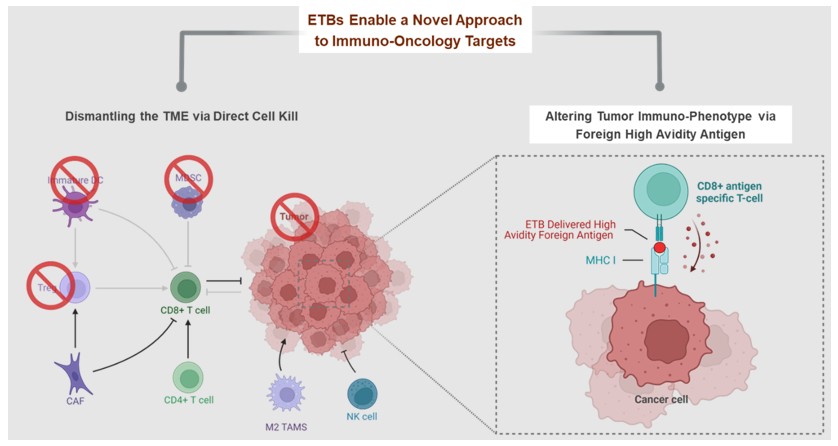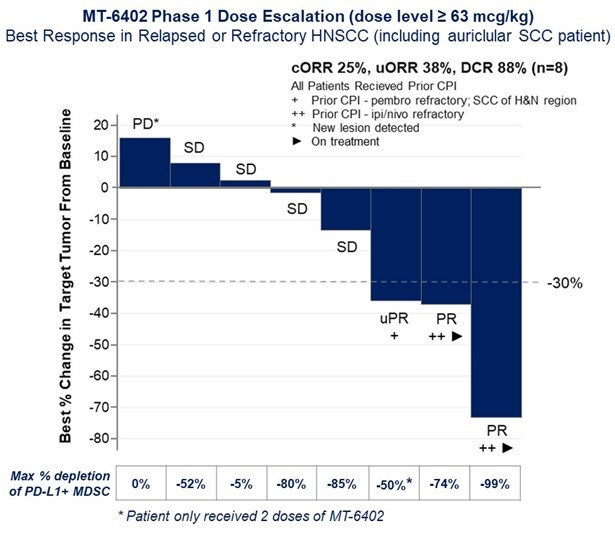If the market opportunities for our biologic candidates are smaller than we believe they are, we may not meet our revenue expectations and, even if a biologic candidate receives marketing approval, our business may suffer. Because the patient populations in the market for our biologic candidates may be small, we must be able to successfully identify patients and acquire a significant market share to achieve profitability and growth.
Our estimates for the addressable patient population and our estimates for the prices we can charge for our biologic candidates may differ significantly from the actual market addressable by our biologic candidates and are based on our beliefs and estimates. These estimates have been derived from a variety of sources, including the scientific literature, patient foundations or market research, and may prove to be incorrect. Further, new studies may change the estimated incidence or prevalence of these diseases. The number of patients may turn out to be lower than expected. Additionally, the potentially addressable patient population for each of our biologic candidates may be limited or may not be amenable to treatment with our biologic candidates, and new patients may become increasingly difficult to identify or gain access to, which would adversely affect our business, financial condition, results of operations and prospects.
We face substantial competition, and our competitors may discover, develop or commercialize drugs faster or more successfully than we do.
The development and commercialization of new drug products is highly competitive. We face competition from large pharmaceutical companies, specialty pharmaceutical companies, biotechnology companies, universities and other research institutions worldwide with respect to MT-6402, MT-8421, MT-0169, and the other biologic candidates that we may seek to develop or commercialize in the future. We are aware that companies including the following have products marketed or in development that could compete directly or indirectly with ETBs: Merck, Bayer, Takeda, AbbVie, Immunogen, Morphosys, Genmab, Bristol-Myers Squibb, Novartis, Regeneron, Janssen, Xencor, Amgen, AstraZeneca, Lilly, Merck KGaA, Pfizer, Sanofi, Spectrum Pharmaceuticals, Cogent Biosciences, Karyopharm, ADC Therapeutics, 2seventy bio, Gilead, GlaxoSmithKline, Incyte, TG Therapeutics, Mersana Therapeutics, Seagen, and Verastem. Our competitors may succeed in developing, acquiring or licensing technologies or biological products that are more effective or less costly than MT-6402, MT-8421, MT-0169, or any other biologic candidates that we are currently developing or that we may develop, which could render our biologic candidates obsolete and noncompetitive.
Many of our competitors have materially greater name recognition and financial, manufacturing, marketing, research and drug development resources than we do. Additional mergers and acquisitions in the biotechnology and pharmaceutical industries may result in even more resources being concentrated in our competitors. Large pharmaceutical companies in particular have extensive expertise in preclinical and clinical testing and in obtaining regulatory approvals for drugs, including biologics. In addition, academic institutions, government agencies, and other public and private organizations conducting research may seek patent protection with respect to potentially competitive products or technologies. These organizations may also establish exclusive collaborative or licensing relationships with our competitors.
If our competitors obtain marketing approval from the FDA or comparable foreign regulatory authorities for their biologic candidates more rapidly than we do, it could result in our competitors establishing a strong market position before we are able to enter the market. In addition, third-party payors, including governmental and private insurers, also may encourage the use of generic products. For example, if MT-6402, MT-8421, or MT-0169 is ultimately approved, it may be priced at a significant premium over other competitive products. This may make it difficult for, MT-6402, MT-8421, MT-0169, or any other of our future drugs or biologics to compete with these products. Failure of MT-6402, MT-8421, MT-0169 or any other of our biologic candidates to effectively compete against established treatment options or in the future with new products currently in development would harm our business, financial condition, results of operations and prospects.
The commercial success of any of our current or future biologic candidates will depend upon the degree of market acceptance by physicians, patients, third-party payors, and others in the medical community.
Even with the approvals from the FDA and comparable foreign regulatory authorities, the commercial success of our drugs will depend in part on the health care providers, patients and third-party payors accepting our biologic

